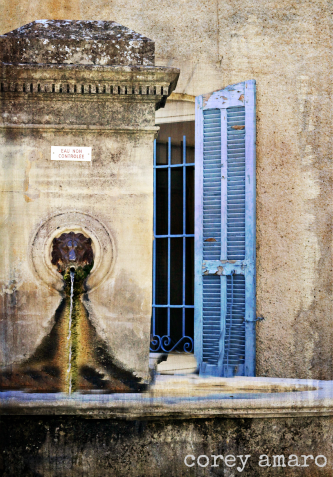
Bird song is what I thought the French language sounded like when I first arrived in France.
After a while, it just sounded difficult.
I was utterly lost after a person would say, "Bonjour."
When I was first married French Husband and I lived in Paris. A few years later, we moved with his business to Marseille.
The first few things I noticed when we arrived in Marseille:
The smell of pine trees.
That women's neckline dropped two inches. Cleavage was another fashion statement.
Thirdly, the Mistral (a strong cold wind, famous in the south of France) seemed to blow away the Parisian accent, which made the French I knew to disappear with the current as well.
Whenever anyone comes to France and stays with us, the questions mainly concern cultural differences.
Take cars; cars do not have the same meaning as they do in the USA. Having a nice car means you have a nice car. Status isn't attached to it as strongly as it is in the States. Why have a big expensive car in France when you have to drive it and park it in teeny-tiny places?
Where are the buckets of ice cubes?
Where are the toilets when you are out and about?
Why do people drive like crazy people? Are they on a suicide mission?
Why do children seem so well-behaved?
You guys eat so much; why aren't you fat?
Why are there so many strikes?
Wouldn't it be more profitable if bakeries had coffee too?
What's health care like?
Strawberries
3, 20 Euros a kilo.
Roughly:
A couple of dollars for 2.2 pounds.
But they come from Spain, and the cost of French-grown strawberries is double at least.
In the beginning, when speaking French was something I could not do,
yet needed desperately, I memorized all the words I knew that were French
And I tried to use them when I could…
A la carte,
A la mode,
Au contraire,
Au natural,
Avant-garde,
Belle,
Merci,
Beaucoup,
Carte Blanche,
Deja-vu,
Faux pas,
Rendez-vous,
And I was told that nearly every French word that ended with 'TION" is, in most cases, means the same thing in English as they did in French.
The trick was saying those words with the correct accent.
Super! is Super in French too. Super became my best friend.
How are you? Super.
Do you like it? Super.
How is your meal? Super.
Did you have a good time? Super.
Isn't it beautiful? Super.
Would you like some more? Super.
Do you want to go to the brocante? Super.
Du sublime au ridicule il n'y a qu'un pas.
"It's just one step from the sublime to the ridiculous."
Napoléon
I can say this in English, but it doesn't roll off my tongue in French.
Avoir le cafard literally means (to have the cockroach).
Translated, it means:
To be down in the dumps, to have the blues.
Another little surprise when I arrived in France was how the hours were displayed.
One through twelve, such as:
1h00
4h00
10h00
And so, on and forth to 12h00, are the morning hours until you reach midnight, 24h00 the evening hours.
13h00
16h00
22h00
Forget 12 am or 12 pm.
Eclaboussure – French verb,
Means: Splash.
The perfect man.
Avoir le démon de midi (To have the midday demon)
Means: To have a midlife crisis.
In the beginning, I took a dictionary with me everywhere I went; It was humbling.
Nowadays, the advantage of cell phones is.
I bought sour milk instead of milk, flour instead of sugar… and was thankful for spices I could open and smell. It is a language I knew by heart.
Zut Alors!
It is one of my French Husband's mother's favorite expressions and one that I first learned.
Means:
Darn it!
The words:
Ça va?
Are a lifesaver.
An entire conversation can be had with just those two little words.

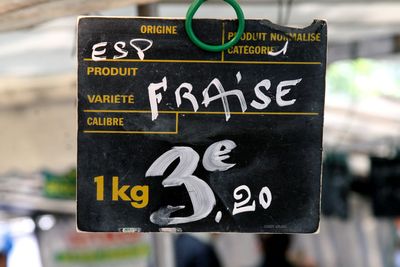
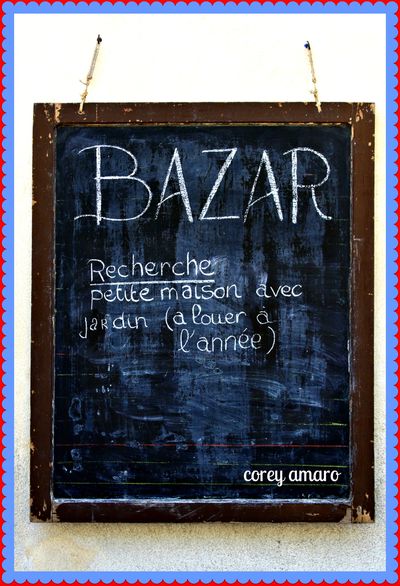
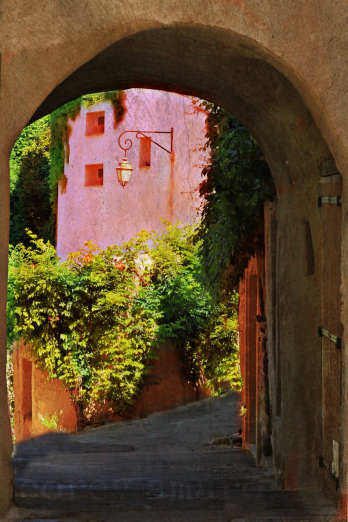

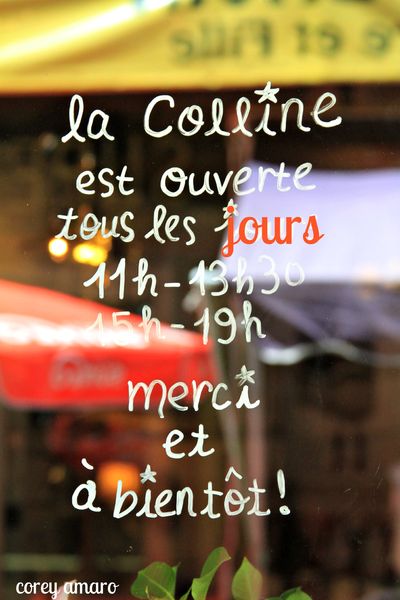
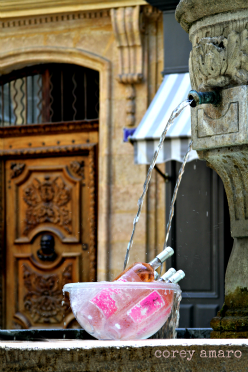

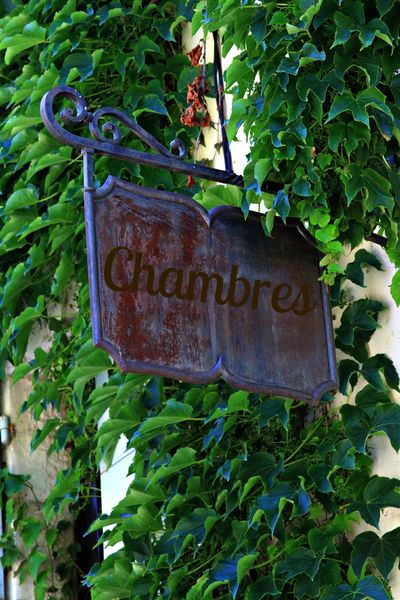
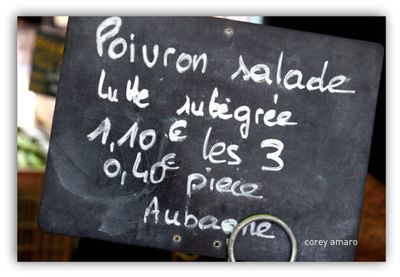
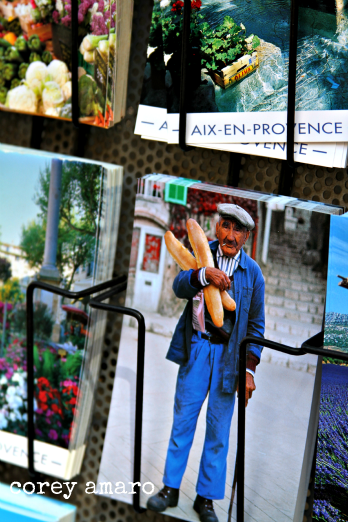


Leave a Reply